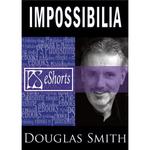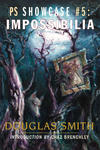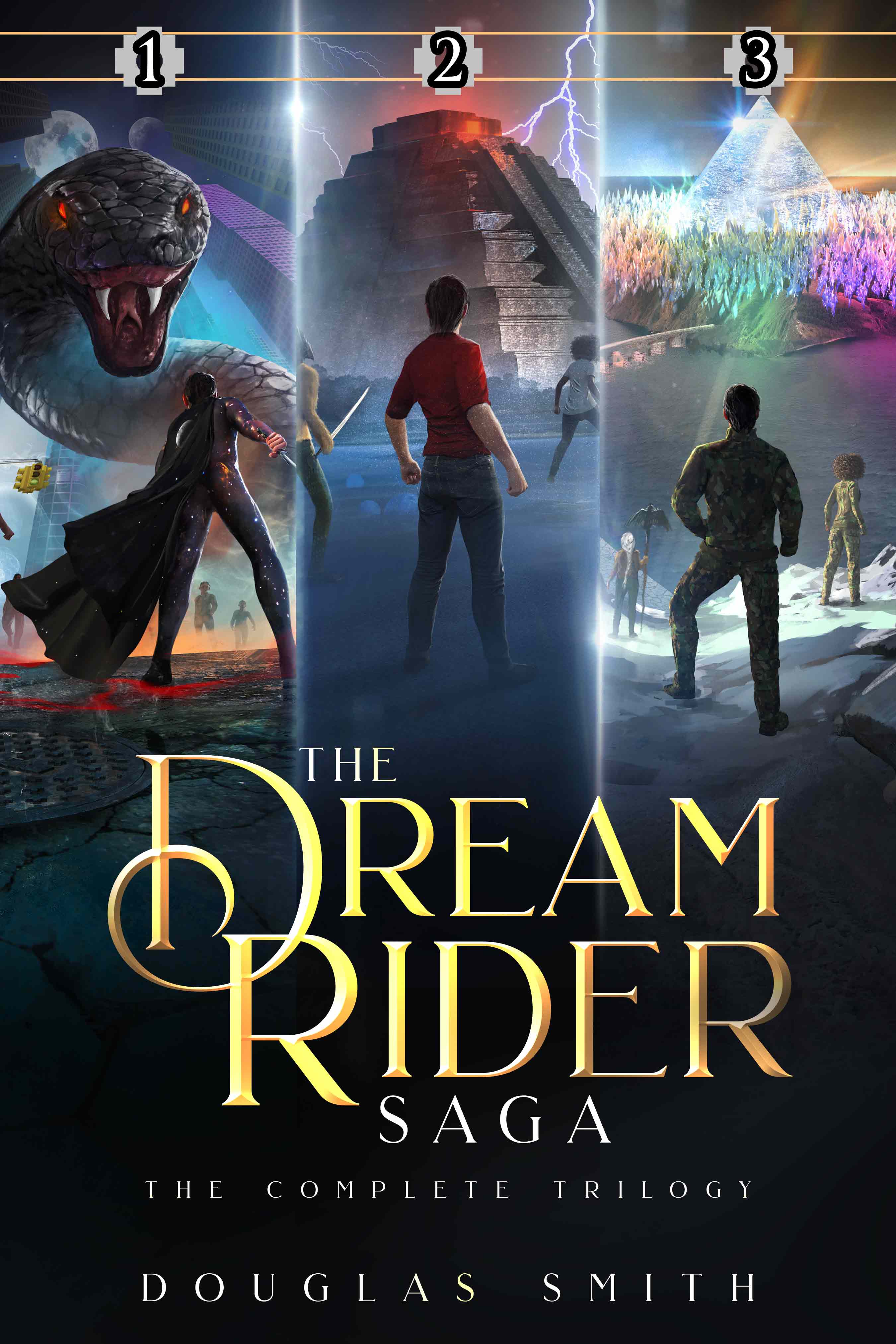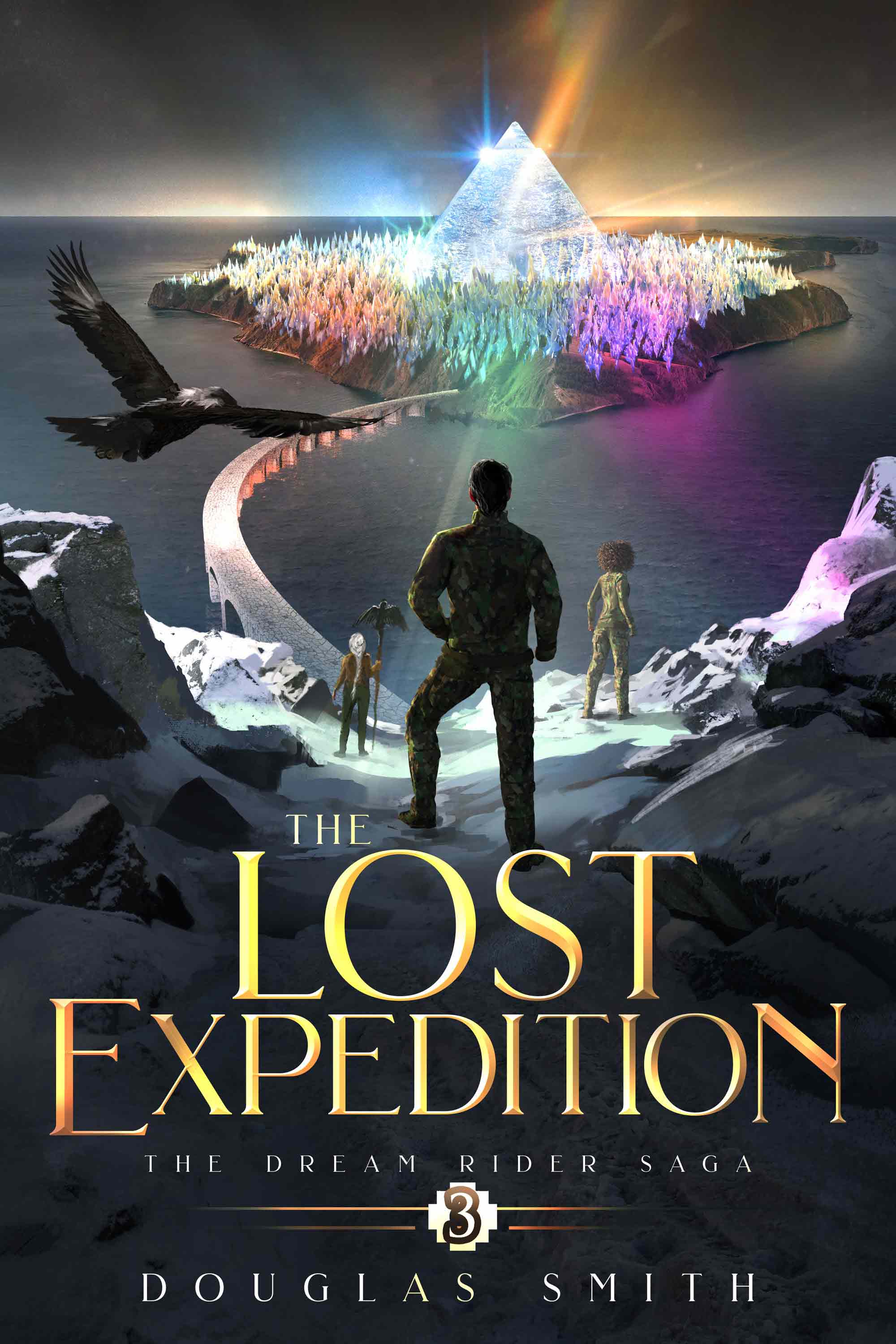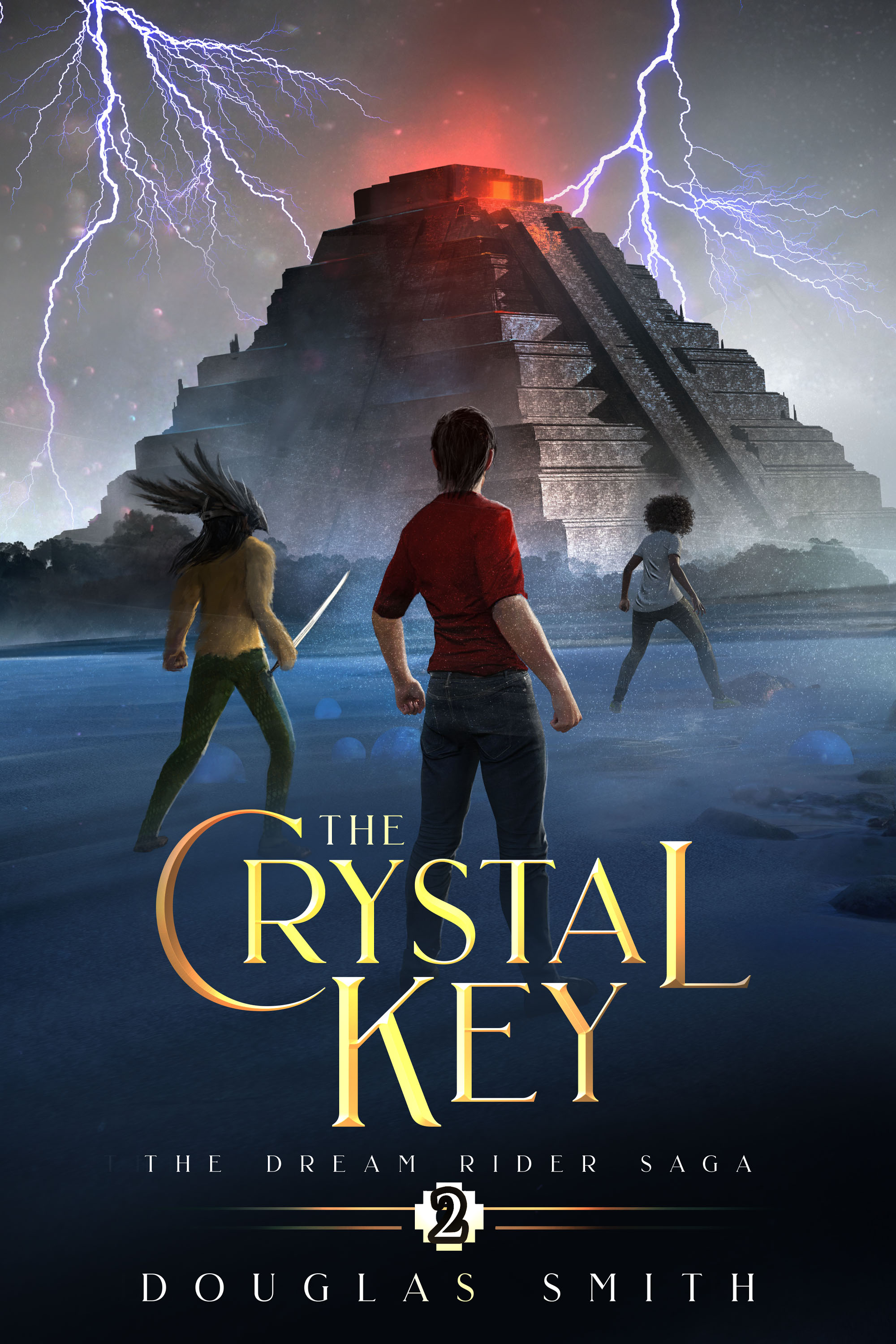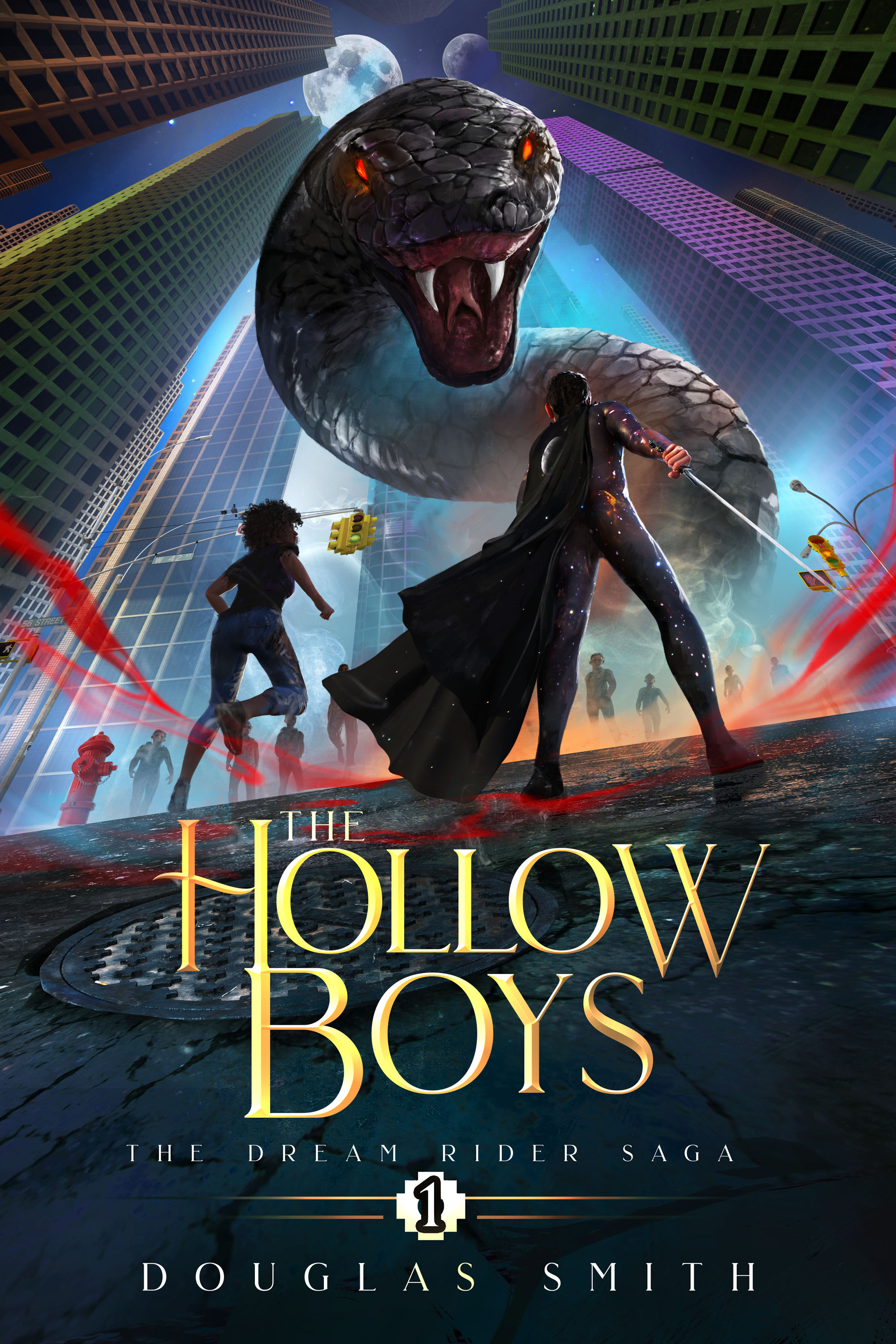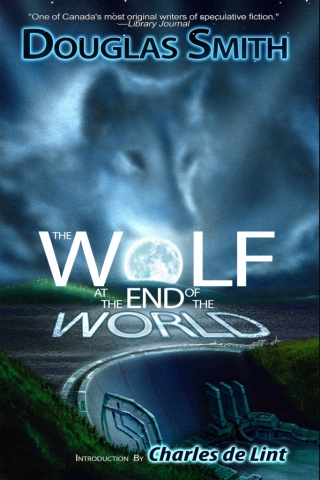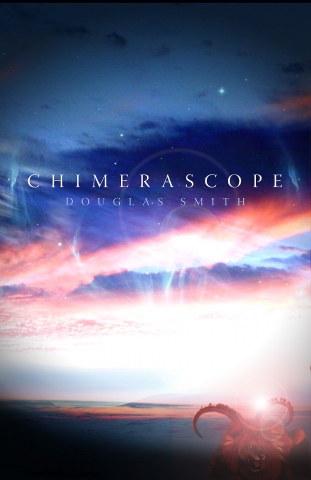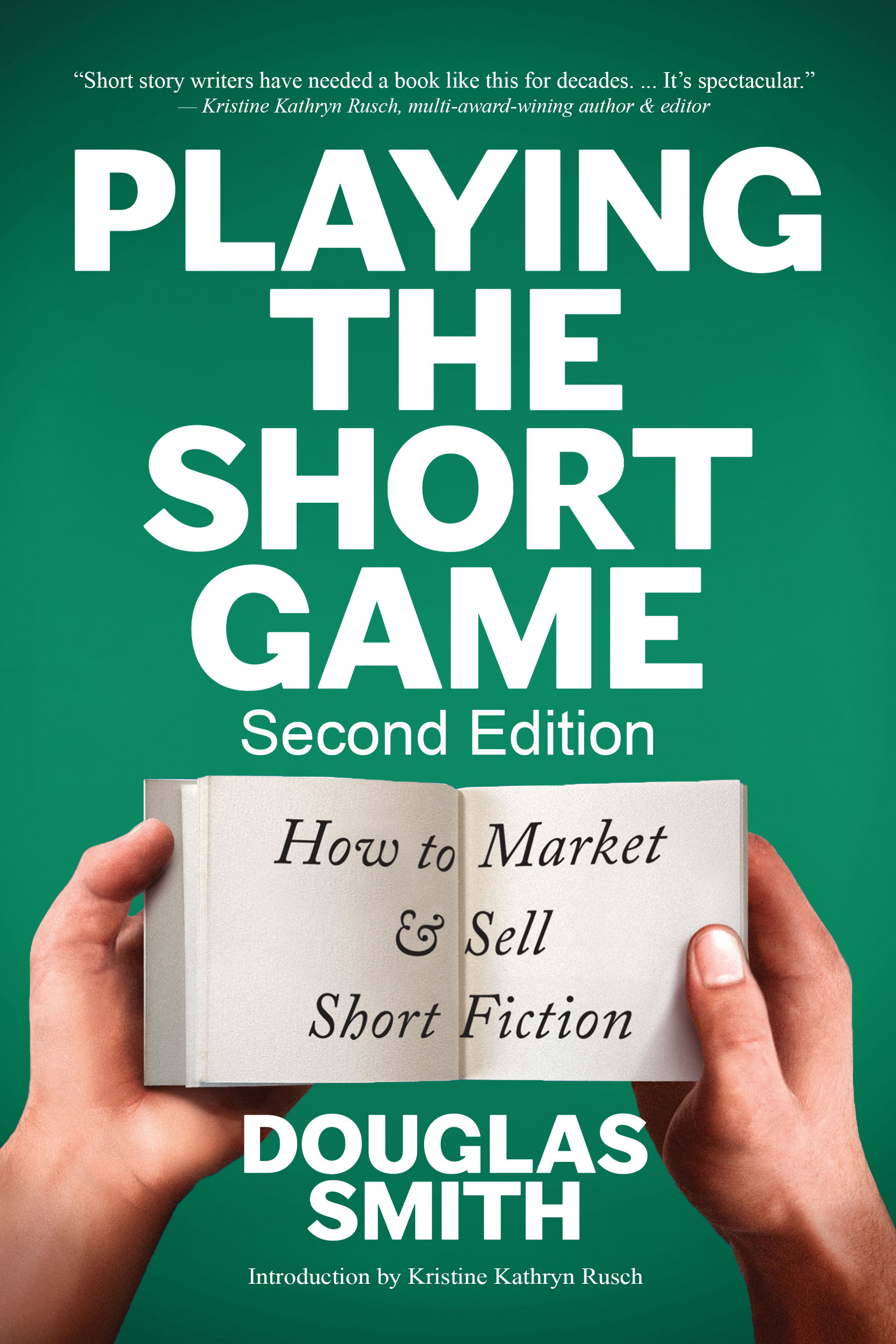(Krista Ball continues her three-part interview with me on my experiences in publishing my two collections and working with small presses. Part 2 is below or you can also read it on Krista's blog. Part 1 is here.)
Question: Did you go the agent route? Why or why not.
For a collection? Nope. No need to and no advantage in doing so. Since I wasn't targeting the big NYC houses, an agent wouldn't have done me any good. I could research the small presses as well as they could, and could submit to those directly myself. Even if I had foolishly tried to target the big publishers, an agent wouldn't have been interested in trying to market a collection. They know collections don't sell, and a collection would get an incredibly small advance compared to a novel, even a first novel. So from an agent's point of view, that translates into a lot of work with no chance of success and for very little pay even if they could sell it. From my point of view, an agent was not going to do anything for me with a small press that I couldn't do better myself.
Question: What are the top 3 best things about a small press?
Well, for the two presses I worked with, I could list more than three. But most of my points would come down to retaining an involvement and degree of control over your book. With both collections, I had input on who should write the introduction, the stories to include, the order of their appearance, editing and copy-editing, promotion, etc..
And on the cover, which is just not heard of in big publishing. For PS, Pete had Fernando Molinari do the cover, and he asked me what I wanted. Because it was a collection with only three stories (albeit novelettes), I told him that I'd like to incorporate something from each story: a wolf in a dark forest, the particular van Gogh painting, and a carnival. I didn’t think that (a) he'd listen, or (b) could pull off such a list as an integrated piece of art, but he did an amazing job. There's also a very creepy carnival seen through the trees on the back cover that you can't see here).
Prior to that, PS had actually communicated with the Metropolitan Museum of Art in NYC to try to get the rights to use a copy of Van Gogh's "Bouquet of Flowers in a Vase" painting for the cover (since it was the lead story in the collection). PS's discussion with the museum went on for some time, but finally fell through when the MMoA would only agree provided there was nothing else on the cover but the painting—i.e., no title, no author's name, nothing!! So that's when we turned to Fernando. But can you imagine any big publisher going to those lengths to work with an author on a cover? Nope. With big publishing, you take what you're given (check out this recent blog by Kristine Kathryn Rusch to see a horrible cover that a big publisher gave one of her books, and the cover she put on when she recently reissued and self-published the book. It's about halfway down the blog, but the blog is a good read as well, as are all her blog entries).
With ChiZine for Chimerascope, Erik Mohr did the cover. Erik does all the CZP covers, and they are all uniformly amazing. He's like CZP's secret weapon. Erik's up for an Aurora this year for best artist for his CZP work, and if anyone votes in the Auroras, you should give Erik your vote. He has also done almost all of my ebook covers for me. With Chimerascope, Erik did an initial cover for me, which was gorgeous, but which to me said "SF." Since my collection is a mix of fantasy, SF, and horror--and since my first two novels will be urban fantasy--I wanted something that didn't look purely science fiction. So he promptly came back with another design, which we went with as the final cover for Chimerascope.
Secondly, I'd list quality and attention. In both cases, both PS and CZP produce beautiful books and take great pride in doing so. This is more than just a business to them--it's something they love doing. And because they're small, you get more personal attention. They like and respect their authors, and it shows.
Thirdly, especially for CZP, I'd list promotion and profile that the book received. Chimerascope was reviewed in Publishers Weekly, Booklist, Library Journal, Quill and Quire, and ever so many more, all without effort on my part. I added some review sources based on my own list, but I'd never been reviewed in all of those places before. In addition, thanks in part to CZP promotion, Chimerascope made the final ballot for the 2011 CBC Bookies Award for best collection. It is also on the 2011 Aurora Award final ballot and (much to my surprise) is one of the five finalists for the 2011 Sunburst Award, Canada's juried speculative fiction award.
I'd also mention that all of the good things I've listed about PS and CZP were often what was missing when I talked to other authors about their bad experiences with small presses. So, basically, do your homework before selecting a small press.
I'd add a fourth item for CZP, which I mentioned earlier. Their business model includes trade paperbacks, not just limited run hardcovers, and most importantly, that they have distribution deals in Canada, the US, and the UK.
Small presses have also, generally, been quicker to both embrace and establish ebook editions. CZP added ebook editions early on, and thanks to urging by myself and another author, PS recently added ebooks too (which I think is a great idea and supplements their business model, without competing with their print books. A collector will still want the numbered print version, but ebooks open up the market for PS to capture other readers who just want to read the stories.)

